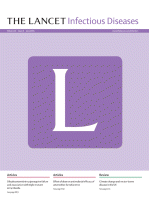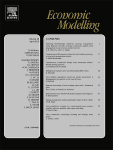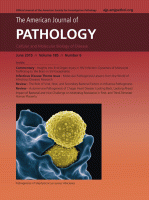
Cell biologist Jacob Hanna, the highly cited stem cell researcher currently at the Weizmann Institute of Science, has posted a long erratum for a 2005 paper in Blood for “inadvertent mistakes,” among other issues; soon after, Hanna’s team issued another erratum for a 2009 Cell Stem Cell paper.
There’s more to tell: Last month, commenters on PubPeer noticed that images from at least 10 of the research papers Hanna coauthored in seven journals — that commenters had posted on the image hosting website Imgur and linked to on PubPeer — had been deleted.
Imgur did not confirm whether these specific images had been deleted, but told Retraction Watch:
Continue reading Cell biologist Hanna issues two errata; images mysteriously disappear from Imgur







